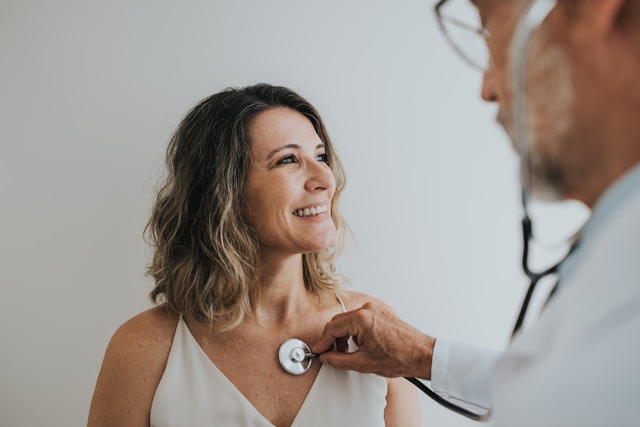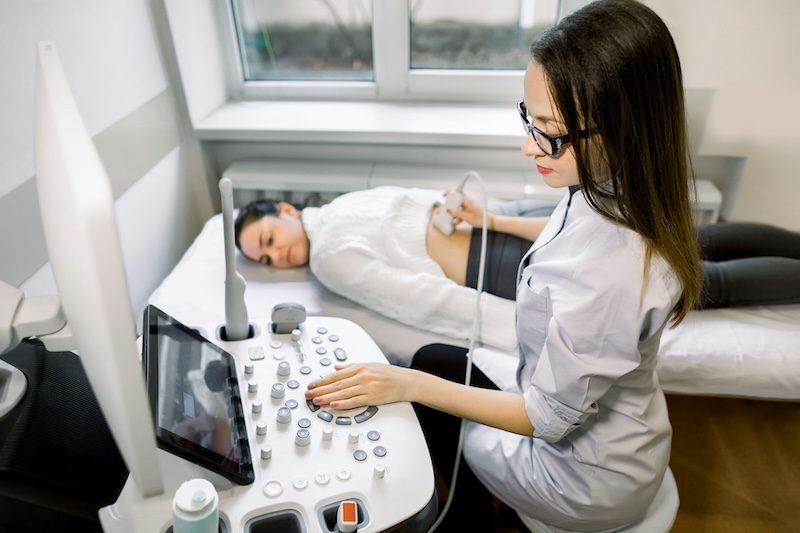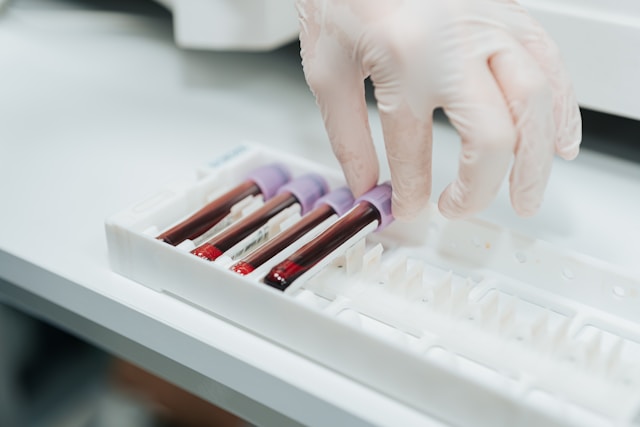For years, eggs have had a bad reputation for raising cholesterol and increasing the risk of heart disease. But new research from the University of...
Vous n'êtes pas connecté
 - KNOWRIDGE.COM - A La Une - 31/Jul 10:44
- KNOWRIDGE.COM - A La Une - 31/Jul 10:44
Eggs cleared of cholesterol blame in new heart study
For years, eggs have had a bad reputation for raising cholesterol and increasing the risk of heart disease. But new research from the University of South Australia has now cracked that myth. The study shows that eating eggs—even up to two a day—won’t harm your heart. In fact, eggs might be healthier than once believed. […] The post Eggs cleared of cholesterol blame in new heart study appeared first on Knowridge Science Report.
Articles similaires
Eating fortified eggs does not raise cholesterol
Many people avoid eggs because they worry about cholesterol and heart health, but a new study offers some reassurance. Results from the PROSPERITY...
Eating fortified eggs does not raise cholesterol
Many people avoid eggs because they worry about cholesterol and heart health, but a new study offers some reassurance. Results from the PROSPERITY...
Insulin resistance linked to common heart valve disease
A large new study has found that insulin resistance may raise the risk of developing aortic stenosis (AS), the most common heart valve disease in the...
Eggs Guilt-Free For 'Bad' Cholesterol, Experiment Shows
MONDAY, July 21, 2025 — A new egg study has produced sunny-side-up results for the oft-maligned breakfast staple. Eggs are commonly thought to...
Eggs Guilt-Free For 'Bad' Cholesterol, Experiment Shows
MONDAY, July 21, 2025 — A new egg study has produced sunny-side-up results for the oft-maligned breakfast staple. Eggs are commonly thought to...
Too much of this vitamin B may harm heart health
Researchers at the Cleveland Clinic have uncovered a new pathway that may explain how high levels of niacin (vitamin B3), once widely recommended to...
Too much of this vitamin B may harm heart health
Researchers at the Cleveland Clinic have uncovered a new pathway that may explain how high levels of niacin (vitamin B3), once widely recommended to...
Common cholesterol drug linked to higher kidney risks
A new study has found that a common cholesterol-lowering drug, rosuvastatin, might increase the risk of kidney problems. The study was published in...
Simple blood test could improve heart disease risk detection
For almost 60 years, doctors have relied on blood cholesterol tests to predict heart disease risk. But a new study led by researchers from Chalmers...
Les derniers communiqués
-
Evergreen Elevate Heads to Australia to Empower MSPs with Valuable Strategies and Insights on Better M&A Practices
Evergreen Elevate - 29/07/2025





